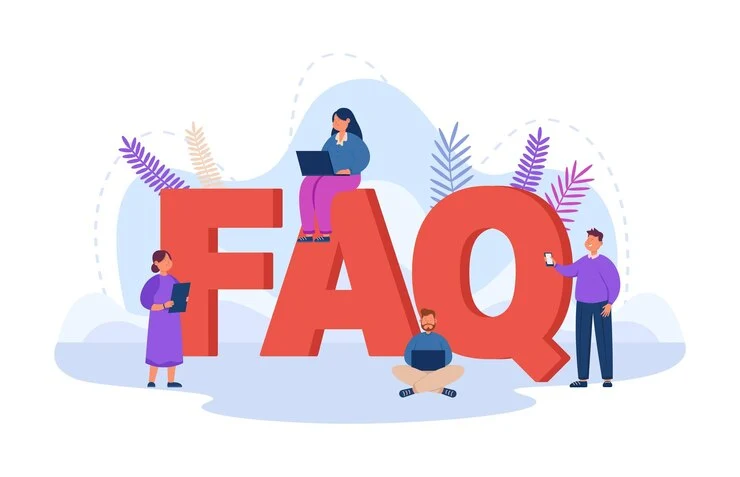-
Ganesh Talkies, Kolkata
Ganesh Talkies, Kolkata

Fertility After 30 brings unique changes to pregnancy chances. Learn what science and experienced medical professionals suggest for informed decision-making.
Whether you’re planning your first child or considering another pregnancy, Fertility After 30 is a topic that deserves your attention. It’s not about inducing fear—it’s about informed choices. Today, more women than ever are choosing to delay childbirth due to career goals, personal readiness, or financial stability.
So what really happens to fertility once you’re in your 30s? What are the biological realities, and what options do you have to support conception and a healthy pregnancy?
Let’s explore this through the lens of experience, expertise, authority, and trust—principles upheld by dedicated professionals in the field of women’s health.

Every woman is born with a finite number of eggs—around 1 to 2 million. By puberty, that number drops to about 300,000. And as women age, both the quantity and quality of those eggs decline.
Here’s a breakdown of what typically happens:
That said, many women in their 30s have healthy pregnancies with the right guidance and support.
Let’s take a closer look at what may shift as you move into your 30s:
This refers to the number of viable eggs left in the ovaries. Fewer eggs mean fewer chances each cycle to conceive.
Genetic integrity of eggs may decline, increasing the risk of miscarriage or chromosomal conditions like Down syndrome.
Hormonal shifts can affect ovulation, making cycles less predictable.
Women over 30 may be at a higher risk for:
While couples in their 20s might conceive within 3–6 months, it may take up to a year or more after 30.
It’s not all concerning—there are actually several benefits to getting pregnant in your 30s:
In fact, many practitioners—including those with years of patient success in fertility care like Dr. Megha Khanna—emphasize that with proper support, Fertility After 30 is absolutely manageable.

If you’re thinking about or actively trying to conceive in your 30s, here are science-backed steps to optimize your fertility:
Use ovulation kits, fertility apps, or temperature tracking to identify your most fertile window.
Both underweight and overweight women can face hormonal imbalances that affect ovulation.
Include:
More than 2 cups of coffee a day or frequent alcohol intake can affect hormone levels.
Smoking damages eggs and disrupts reproductive hormones.
Chronic stress affects ovulation. Practice:
Consult a gynecologist to check:
Fertility isn’t just about the woman. Men over 35 also experience a decline in sperm quality. Couples should evaluate both partners for a holistic fertility plan.
If natural conception isn’t happening, here are medical options to consider:
Sperm is inserted directly into the uterus to increase the chance of fertilization.
Eggs are fertilized in a lab and then implanted into the uterus.
For those not ready to conceive now, egg freezing can preserve higher-quality eggs for future use.
To stimulate ovulation or correct hormonal imbalance.
It’s essential to speak with experienced professionals before choosing any treatment path, as they can guide women through these decisions with empathy and clarity.

Yes! Many women conceive naturally well into their 30s. Fertility may decline, but it’s not impossible.
If you’re not planning to conceive soon and want to keep options open, egg freezing is a reliable method to preserve fertility.
If you’re under 35, try for 12 months. If you’re over 35, consult after 6 months of trying.
Not necessarily. IVF is for cases where natural conception or less invasive treatments don’t work.
Yes. Stress impacts hormone levels and ovulation. Stress management is crucial in fertility care.
Fertility After 30 doesn’t mean you’re out of time—it means you’re stepping into this phase with more awareness, clarity, and access to care than ever before. With the right medical guidance, lifestyle choices, and emotional support, thousands of women in their 30s and beyond have healthy pregnancies every year.
Start by listening to your body. Understand your cycle. And if you feel ready or curious, speak to a trusted expert who truly understands this journey—someone who brings both empathy and evidence into the conversation.